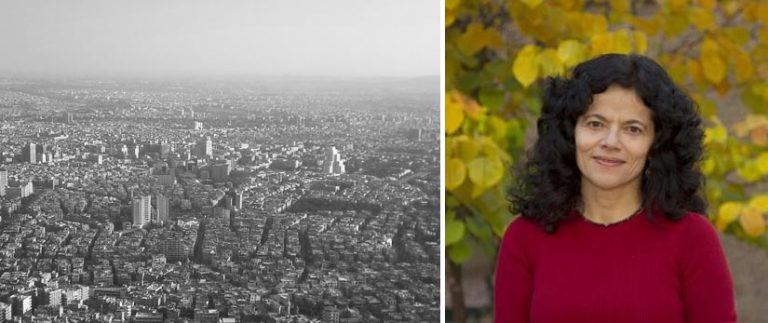Published on May 7, 2016

In anticipation of Patricia Romero Lankao’s visit we thought you might enjoy these pieces to get a feel for her research and thinking.
- Water in Mexico City: What Will Climate Change Bring to Its History of Water-Related Hazards and Vulnerabilities?—This research paper delves into the history and evolution of water related risks and crises in Mexico City in order to gain insight to socio-environmental challenges as a result of climate change. http://eau.sagepub.com/content/22/1/157.full.pdf+html
- Are We Missing the Point? Particularities of Urbanization, Sustainability and Carbon Emission in Latin American Cities —Models for change and the discourse of reducing greenhouse gas emissions is predominately influenced by the perceptions and disposition of high-income nations, particularly those in the Global North. This paper examines how these ways of thinking apply (or misapply) to the situation of Latin American cities. http://eau.sagepub.com/content/19/1/159.full.pdf+html
- Urban Ecosystems and the North American Carbon Cycle—Modeling energy use, land use, and traffic emissions are already common practice, but how might including data about urban carbon sources and sinks expand our knowledge of how cities operate? Romero Lankao et al explore this question in order to understand urban areas as whole ecosystems with regard to carbon balance. http://onlinelibrary.wiley.com/doi/10.1111/j.1365-2486.2006.01242.x/full
Dr. Patricia Romero Lankao studies the interactions between urban development and global environmental change. She is a social scientist at the Research Applications Laboratory and Institute for the Study of Society and the Environment at the National Center for Atmospheric Research. Dr. Romero Lankao is active in both the international and US human dimensions community, and views urbanization as both a social and environmental phenomenon, and one of the most influential irreversible and evident anthropogenic forces in the Earth system.
This presentation is part of the speaker Series on “Urban Environmental Justice in an Era of Climate Change,” hosted by Urban@UW in partnership with the West Coast Poverty Center, the Climate Impacts Group, the College of the Environment, the School of Social Work, and the Graduate School.
Find us on Twitter and Facebook.